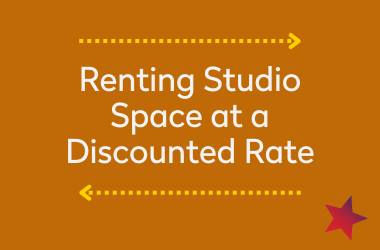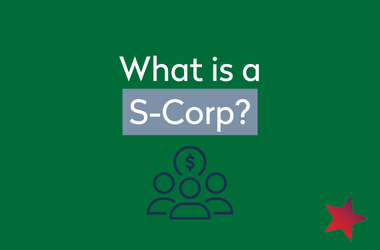How to rent studio spaces for discounted rates
Rent Studio Space at a Discounted Rate
Fiscal sponsors typically rent studio space at a discounted rate through negotiations and partnerships with landlords, property owners, or organizations that have available space. Here are some common approaches they may use:
- Nonprofit Discounts: Many fiscal sponsors are nonprofit organizations themselves, and they can leverage their nonprofit status to secure discounted rates for studio space. Nonprofits often receive preferential treatment when renting or leasing spaces, as landlords may be willing to support their mission or benefit from potential tax incentives.
- Partnerships with Property Owners: Fiscal sponsors may establish partnerships with property owners who are willing to offer discounted rates for studio space. These partnerships can be formed based on shared values, community involvement, or the desire to support charitable endeavors. Property owners may be open to negotiating lower rental rates or providing subsidized spaces to promote social impact.
- Shared Spaces: Fiscal sponsors can explore shared space arrangements where multiple organizations or individuals share the same studio space. By sharing the rent and expenses, each organization can enjoy lower costs. These shared spaces can be established through partnerships with other nonprofits, co-working spaces, creative communities, or even local government initiatives.
- In-Kind Donations: Some landlords or property owners may be open to making in-kind donations of studio space to fiscal sponsors. This means they offer the space at no or significantly reduced cost as a contribution to the fiscal sponsor’s cause. In return, the landlord may benefit from increased visibility, community engagement, or other positive outcomes associated with supporting a nonprofit organization.
- Community Grants or Sponsorships: Fiscal sponsors can seek community grants or sponsorships specifically designated for renting studio spaces. Local or national foundations, corporations, or philanthropic organizations often offer grants or funding opportunities that support nonprofit initiatives, including the rental of facilities. By securing such grants or sponsorships, fiscal sponsors can access studio spaces at reduced rates or even for free.
It’s important to note that the availability and success of these strategies may vary depending on the specific fiscal sponsor, location, real estate market, and the relationships they establish. Engaging in open communication, highlighting the organization’s mission and impact, and building partnerships with stakeholders are essential steps to negotiate discounted studio space rates.
NEXTSTEPS | 06.27.2023
Latest Blog Posts
Checklist for Processing 1099’s and W2’s
Checklist for Processing 1099’s and W2’sEnd of Year Payroll Tax Forms: W2, 1099 Some of the most important payroll tax forms—W2 and 1099 forms—must be mailed out to your employees and contractors shortly after the calendar year ends. Any contractors who were paid more...
5 Ways That You Can Benefit From Fiscal Sponsorship
5 Ways That You Can Benefit From Fiscal SponsorshipFiscal Sponsorship Has Both Financial and Administrative Benefits Fiscal Sponsorship has many financial and administrative benefits. Fiscal sponsorship refers to the practice of non-profit organizations...
What is a S Corp?
What is a S Corp? Definition of S Corp for Those in the Performing Arts An S corporation (S corp) is defined as a legal business entity that is taxed as a partnership rather than separately from its owners. Income is passed through from the corporation (often called a...




